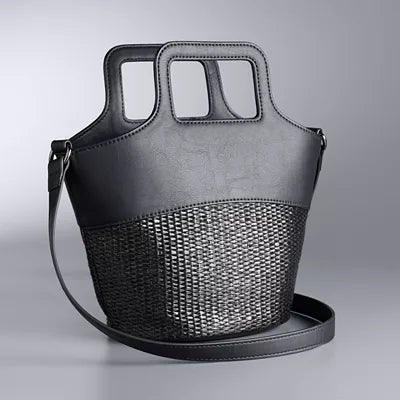Vegan leathers can vary in terms of durability, just like traditional leather. The durability of vegan leather depends on several factors, including the specific materials used and the manufacturing process employed.
There are different types of vegan leathers available on the market, such as those made from polyurethane (PU) or polyvinyl chloride (PVC), as well as innovative alternatives like plant-based materials (e.g., pineapple or mushroom leather) and recycled synthetics. The durability of vegan leather can differ among these materials.
Generally, synthetic vegan leathers like PU and PVC tend to be more durable than natural materials like pineapple or mushroom leather. PU and PVC vegan leathers are engineered to be strong, resistant to wear and tear, and can often mimic the look and feel of real leather. They are typically more water-resistant and easier to clean than traditional leather.
However, it's important to note that the durability of vegan leather can also be influenced by the quality of the manufacturing process. Poorly made vegan leather products may have issues with peeling, cracking, or deteriorating over time. On the other hand, well-made vegan leather products can be quite durable and long-lasting.
If you're considering purchasing a vegan leather product, it's advisable to research the brand's reputation, read customer reviews, and inquire about the specific materials and manufacturing techniques used. This can help you determine the durability and quality of the product you're interested in.
Ultimately, while vegan leathers can offer durability comparable to traditional leather, the specific durability can vary based on the materials and manufacturing involved.

